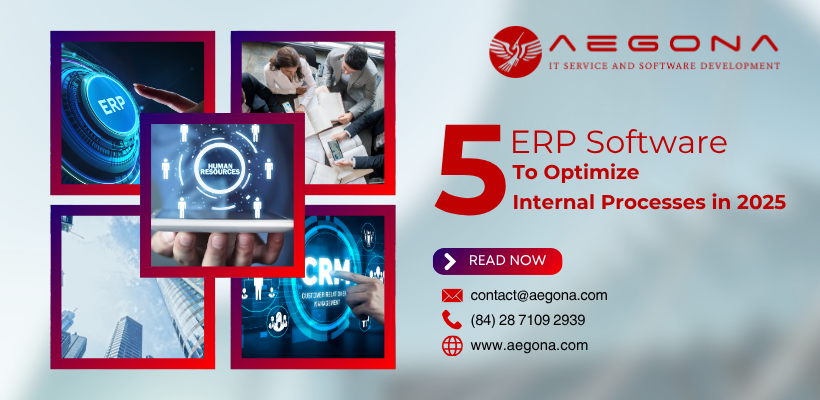Which Industries That Benefit From A Warehouse Management System
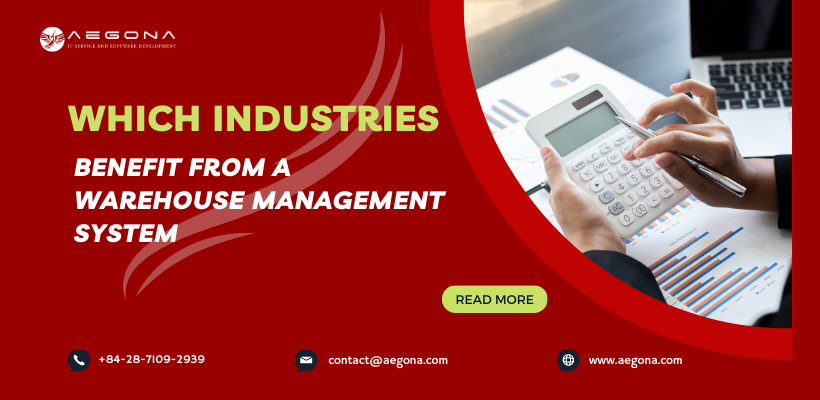
Unlock efficiency and boost productivity! Discover how Warehouse Management Systems (WMS) empower diverse industries, from manufacturing and retail to food & beverage and beyond.
In today's fast-paced world, efficient warehouse management is no longer a luxury - it's a necessity. Businesses across various sectors are recognizing the transformative power of Warehouse Management Systems (WMS) in streamlining operations, boosting productivity, and gaining a competitive edge. But which industries stand to benefit the most from implementing a WMS? Let's delve into the sectors that can unlock significant advantages through this technology.
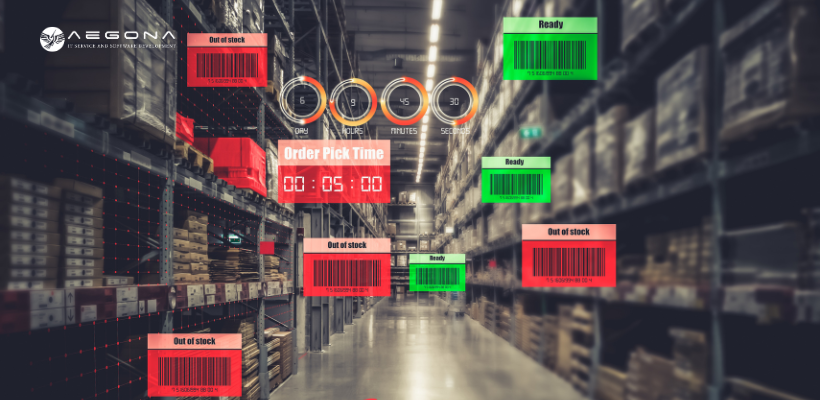
1. The Industries That Benefit From A WMS
1.1. Manufacturing:
Manufacturers deal with complex inventory management, juggling raw materials, work-in-progress items, and finished goods. A WMS can help them:
Integrate with Enterprise Resource Planning (ERP) systems for efficient production planning and precise inventory control.
Optimize picking and packing processes to handle diverse order types quickly and accurately.
1.2. Retail and Consumer Goods:
In today's omnichannel retail environment, customers expect a seamless shopping experience, whether they're buying online or in-store. A WMS can help retailers:
Facilitate omnichannel fulfillment by managing inventory across warehouses, distribution centers, and stores.
Optimize picking routes and warehouse layouts to fulfill orders swiftly and meet customer expectations.
1.3. Wholesale Distributors:
Streamline picking and packing for bulk orders, track inventory movement across distribution centers, and make data-driven stock allocation decisions.
1.4. Chemicals:
Ensure regulatory compliance and safe handling of hazardous materials.
1.5. Pharmaceuticals:
Uphold strict quality control measures and track sensitive inventory.
1.6. E-commerce:
Handle high order volumes efficiently and ensure fast, accurate deliveries.
In conclusion, implementing a WMS can empower businesses across diverse industries to unlock a new level of efficiency, accuracy, and cost-effectiveness. By streamlining operations, optimizing processes, and gaining valuable data insights, businesses can strengthen their competitive edge and navigate the ever-evolving landscape with confidence. So, if you're looking to unlock the full potential of your warehouse operations, consider exploring how a WMS can revolutionize your business.
>>Read more: Software Development Based On InvenTree Open-Source
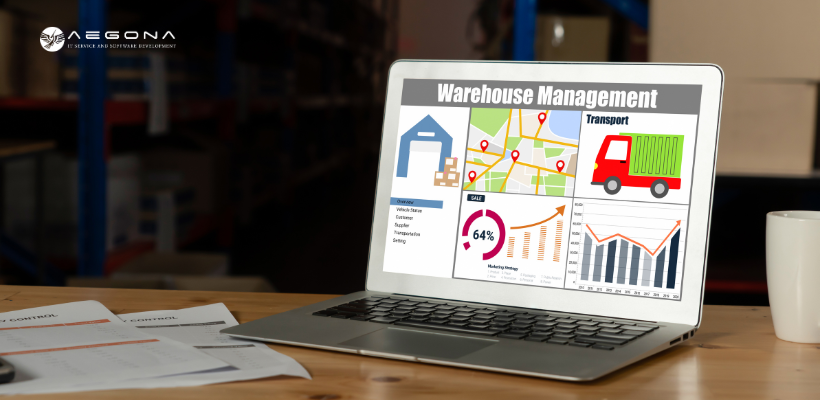
2. How to find the best company to build warehouse management systems?
Finding the best company to build your warehouse management system (WMS) requires careful consideration and research. Here's a roadmap to guide you through the process:
2.1. Define your needs and budget:
Identify your specific warehouse operations and challenges. What functionalities are crucial for your business? Consider factors like order fulfillment complexity, inventory management requirements, and integration needs with existing software.
Determine your budget for the WMS project. Be realistic about the costs associated with software licensing, implementation, customization, and ongoing support.
2.2. Research potential WMS providers:
Utilize online directories and review platforms: Platforms like G2 Crowd, Capterra, and Software Advice showcase WMS providers, allowing you to compare features, pricing, and user reviews.
Attend industry events and conferences: These events offer opportunities to network with WMS vendors, gain insights into industry trends, and attend demonstrations showcasing different systems.
Seek recommendations from industry peers and professional associations: Talk to colleagues or companies in your industry who have recently implemented a WMS. Their experiences can provide valuable insights into specific vendors and potential challenges.
2.3. Shortlist and evaluate potential vendors:
Request demos from shortlisted WMS providers: Discuss your specific needs and ask for customized demos showcasing how their system can address your unique challenges.
Evaluate the vendor's experience and expertise: Look for companies with a proven track record in your industry and experience with similar project implementations.
Assess the vendor's support and training capabilities: Ensure the vendor offers comprehensive training for your staff and ongoing support to address any post-implementation issues.
2.4. Request proposals and negotiate contracts:
Obtain detailed proposals from shortlisted vendors outlining functionalities, pricing, implementation timelines, and support options.
Negotiate the contract terms: Ensure the contract clearly outlines the scope of work, pricing structure, delivery timelines, intellectual property ownership, and termination clauses.
2.5. Conduct due diligence and references checks:
Verify the vendor's financial stability and references from past clients.
Review the vendor's security policies and data protection measures to ensure your data is secure.
By following these steps and conducting thorough research, you can increase your chances of finding the best warehouse management system company to build a system that meets your specific needs and helps your business thrive.
>>Read more: Top 5 Inventory Management Software Development Companies In Vietnam
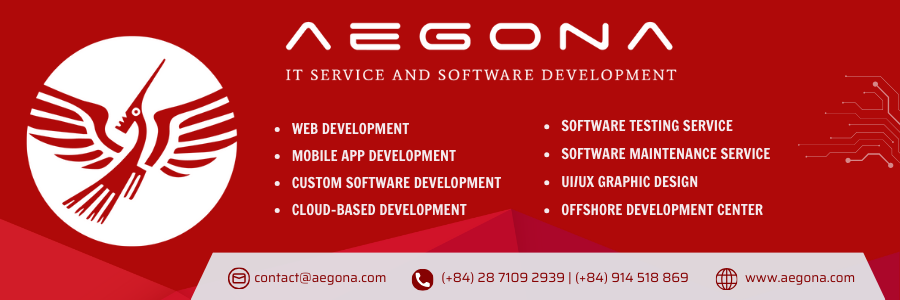
related post

On June 16, 2025, following a series of technical discussions and alignment on technology directions, Aegona and Biblia officially signed a strategic cooperation agreement to develop a comprehensive digital publishing platform that integrates both E-books and Audiobooks.
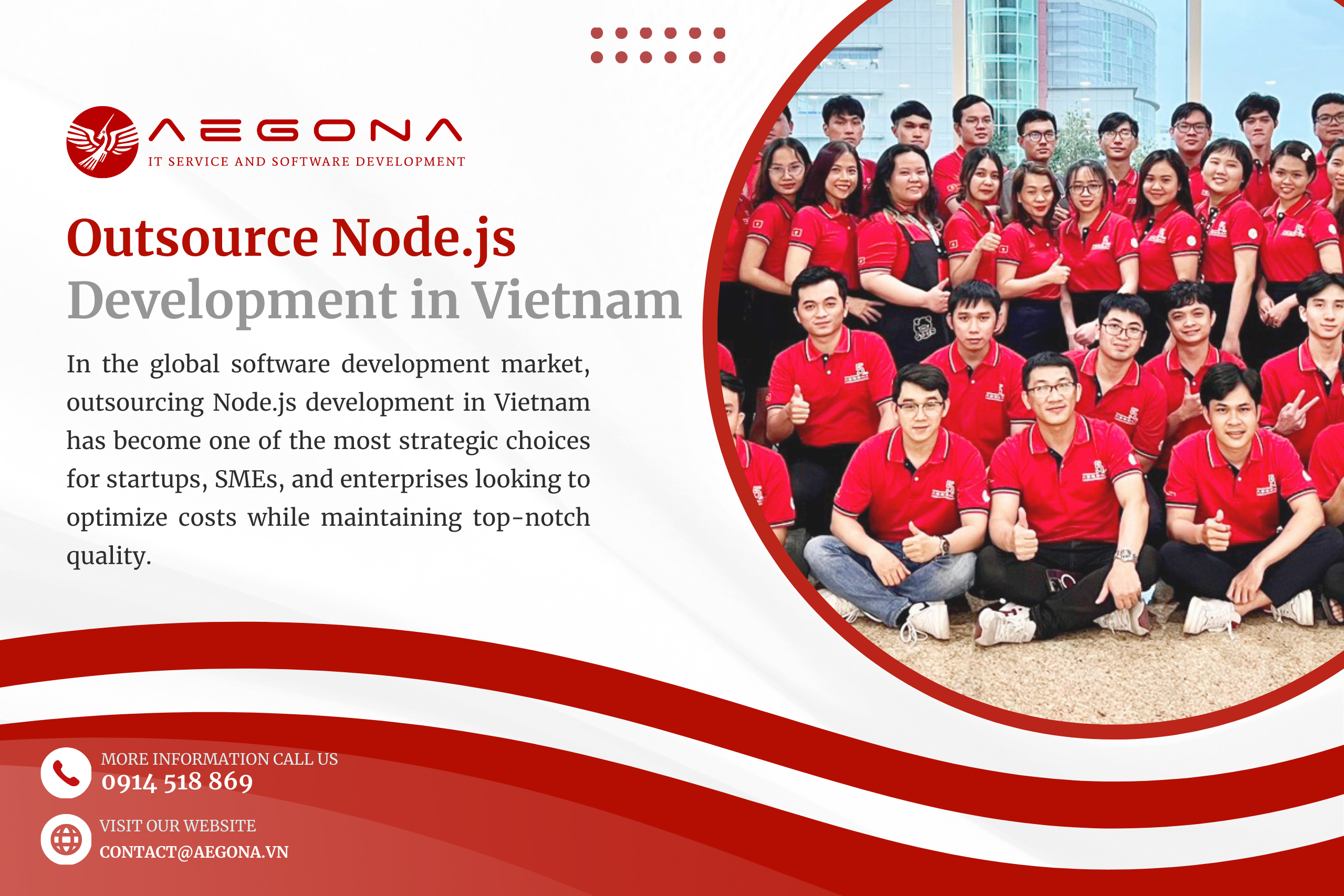
In the global software development market, outsourcing Node.js development in Vietnam has become one of the most strategic choices for startups, SMEs, and enterprises looking to optimize costs while maintaining top-notch quality.
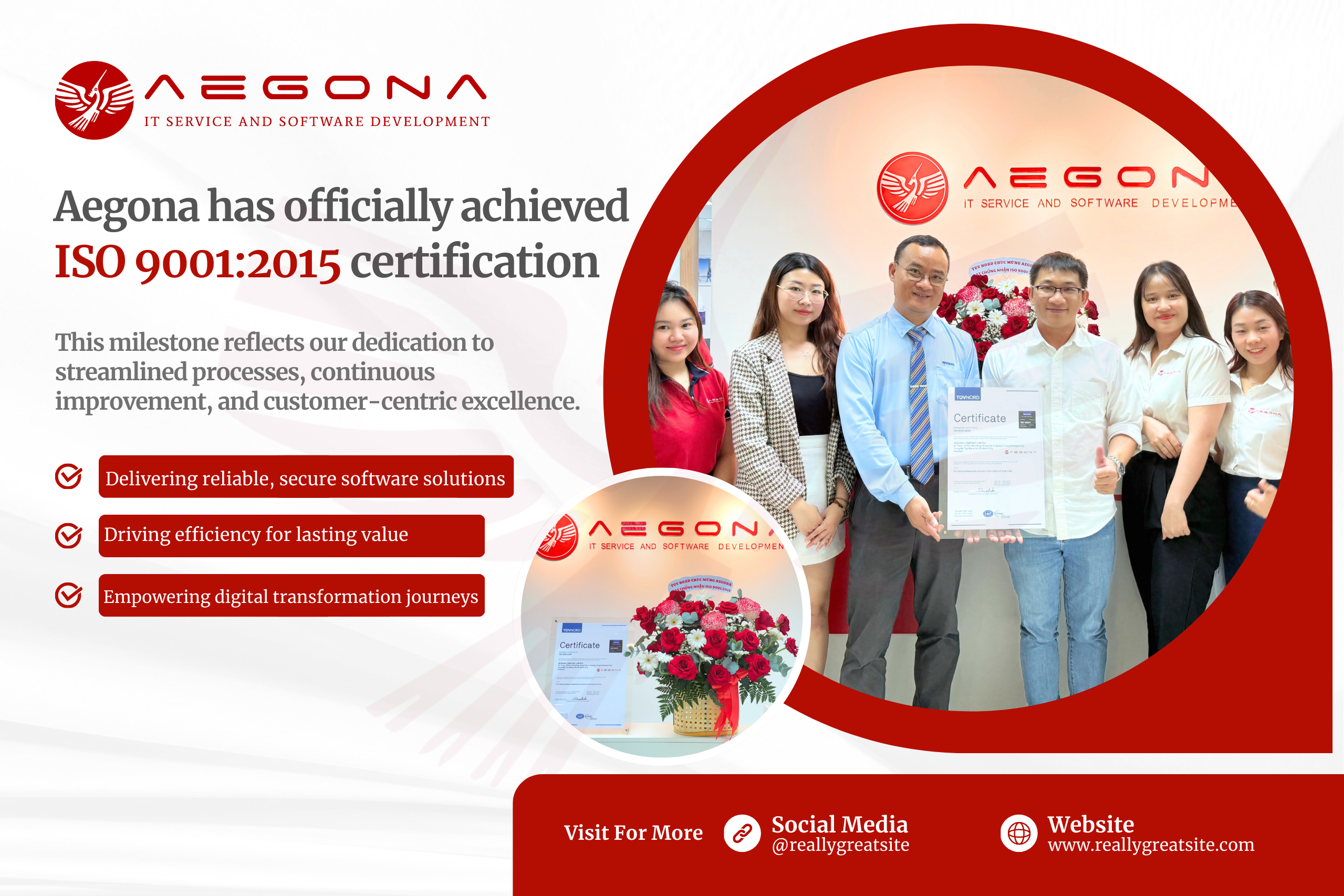
We are proud to announce that Aegona has officially achieved ISO 9001:2015 certification, an internationally recognized standard for quality management systems.
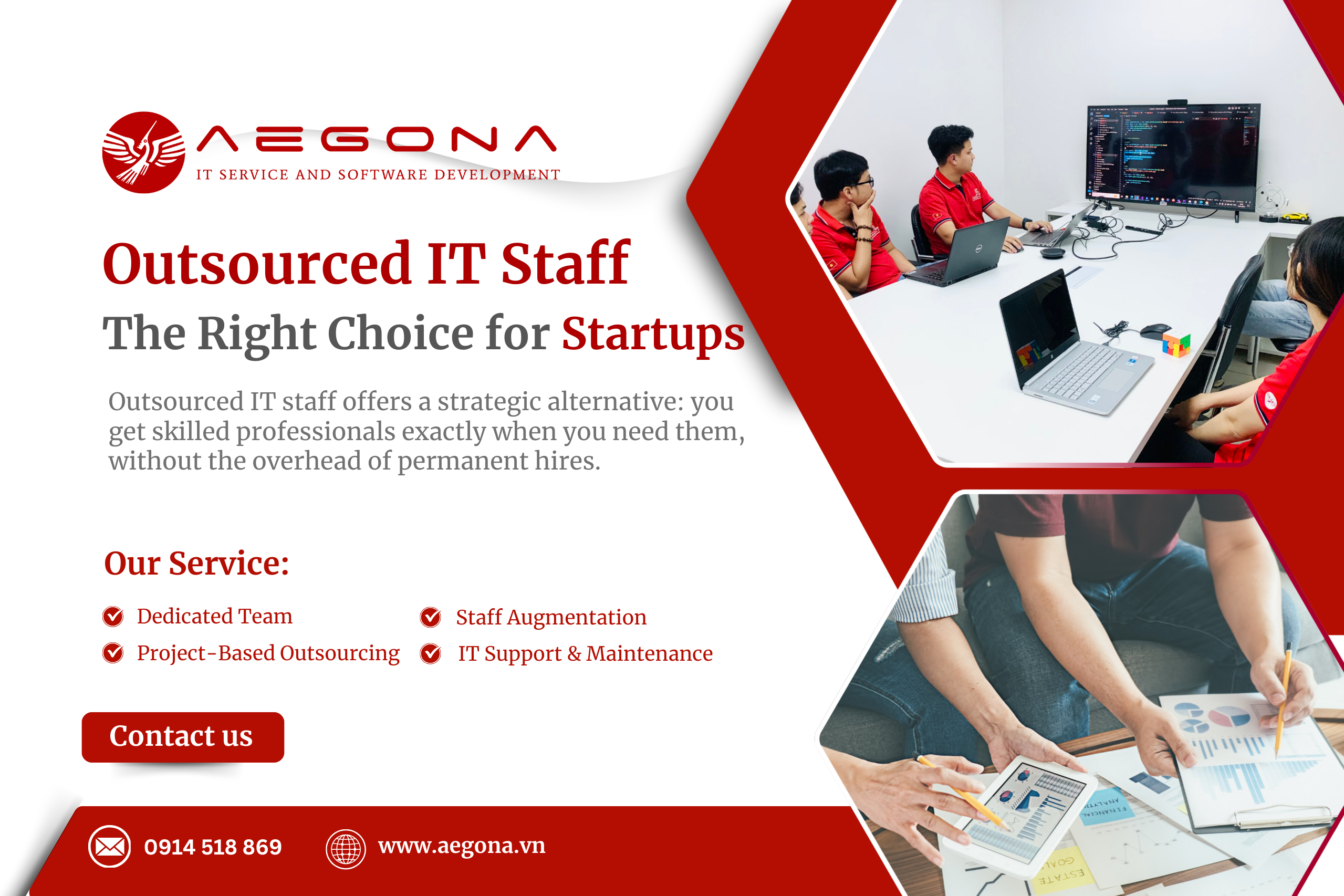
Outsourced IT staff offers a strategic alternative: you get skilled professionals exactly when you need them, without the overhead of permanent hires.
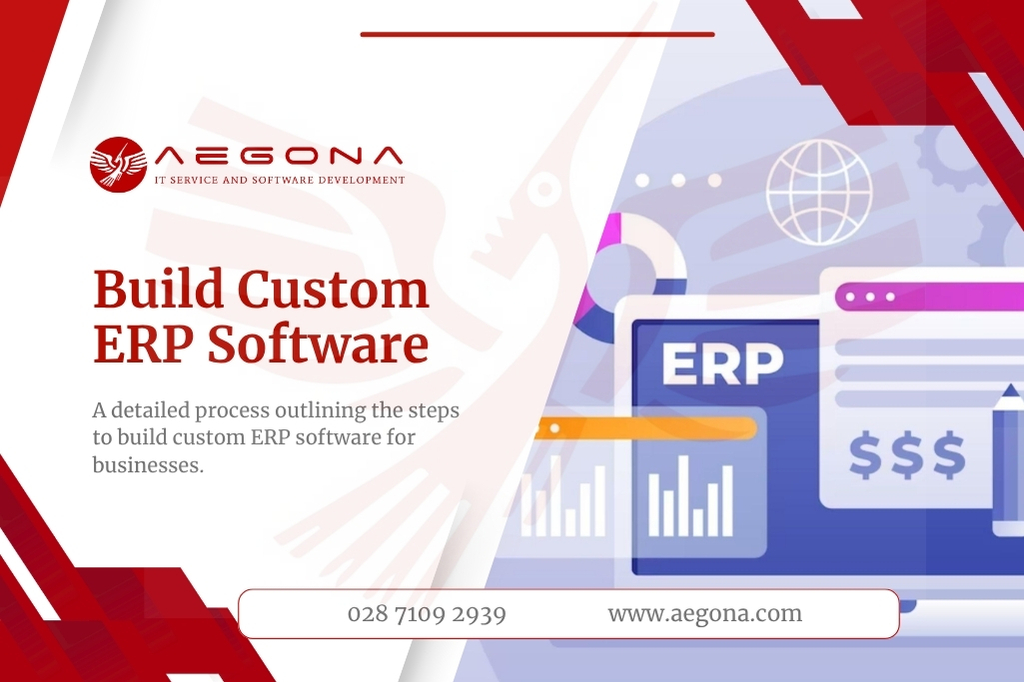
Build custom ERP software to streamline operations, boost efficiency, and fit your business needs. A complete step-by-step guide.
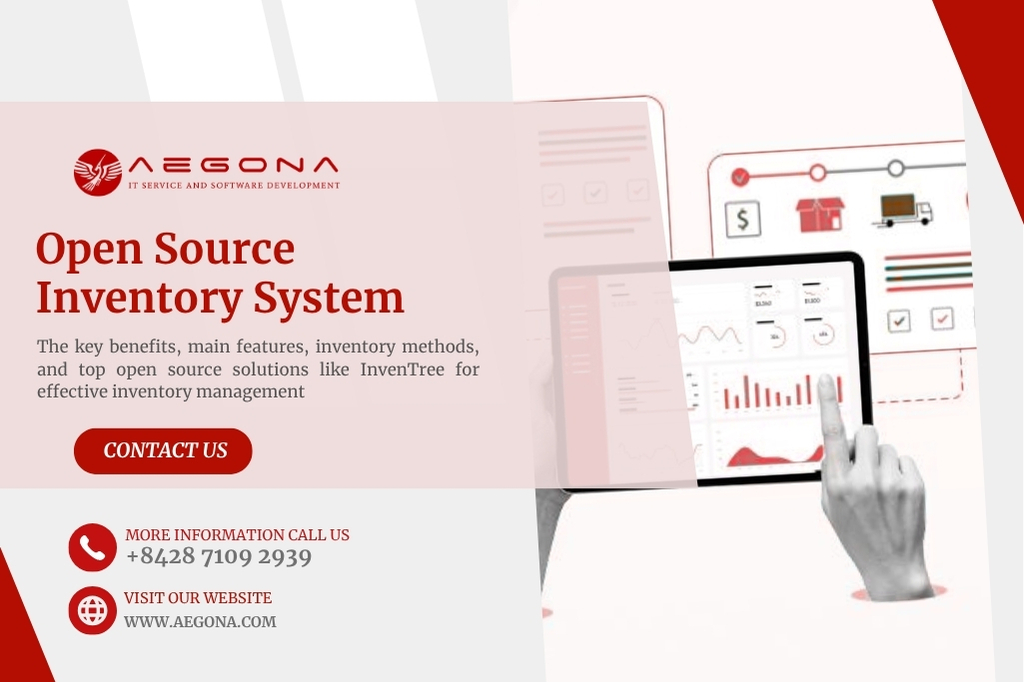
Discover the best open-source inventory systems like InvenTree. Learn key features, benefits, and tools to optimize warehouse and inventory operations.
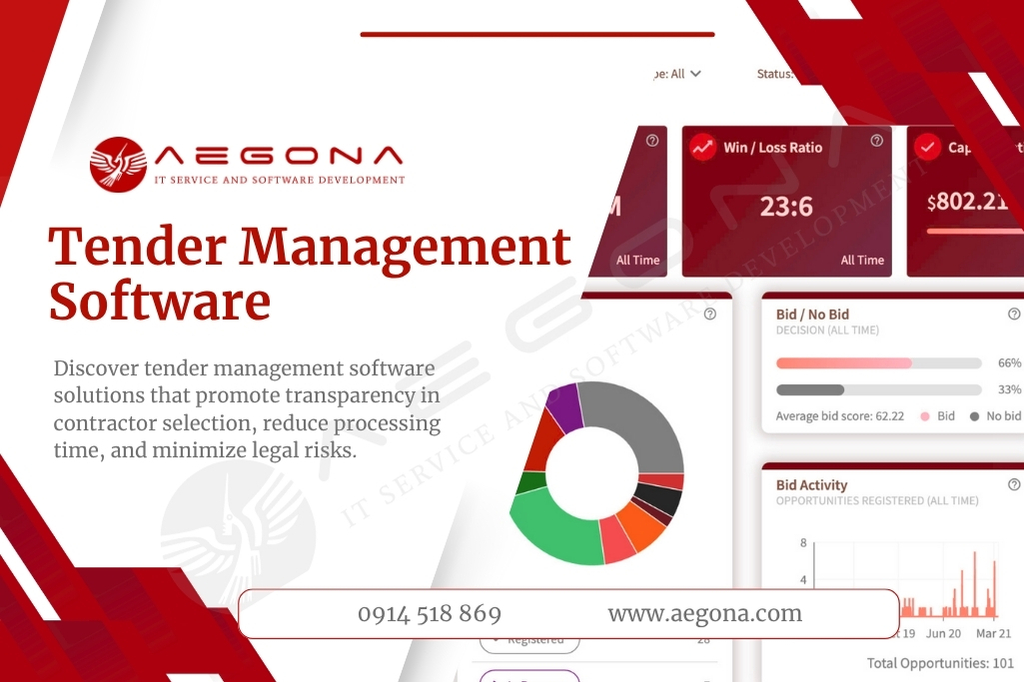
Discover how Tender Management software streamlines bidding, boosts efficiency, and when to choose a custom-built solution.
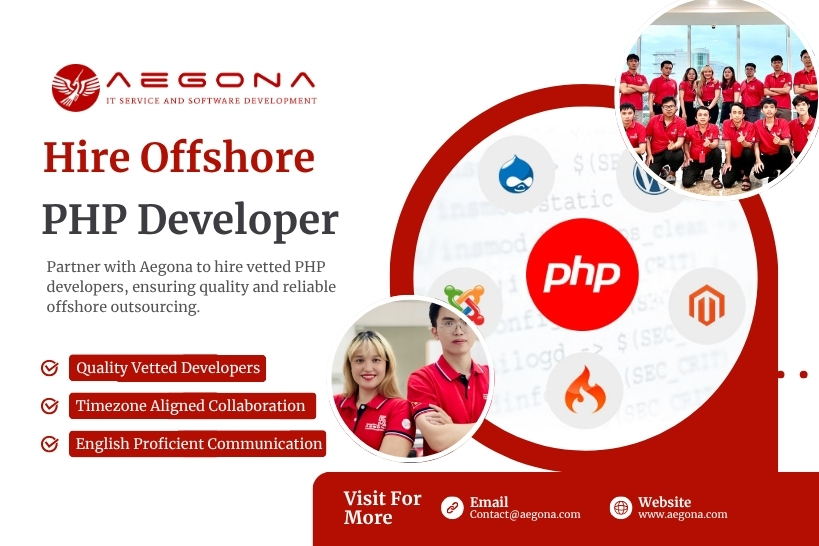
Discover the benefits of hiring offshore PHP developers in Vietnam and explore a step-by-step process to build a skilled, cost-effective development team.
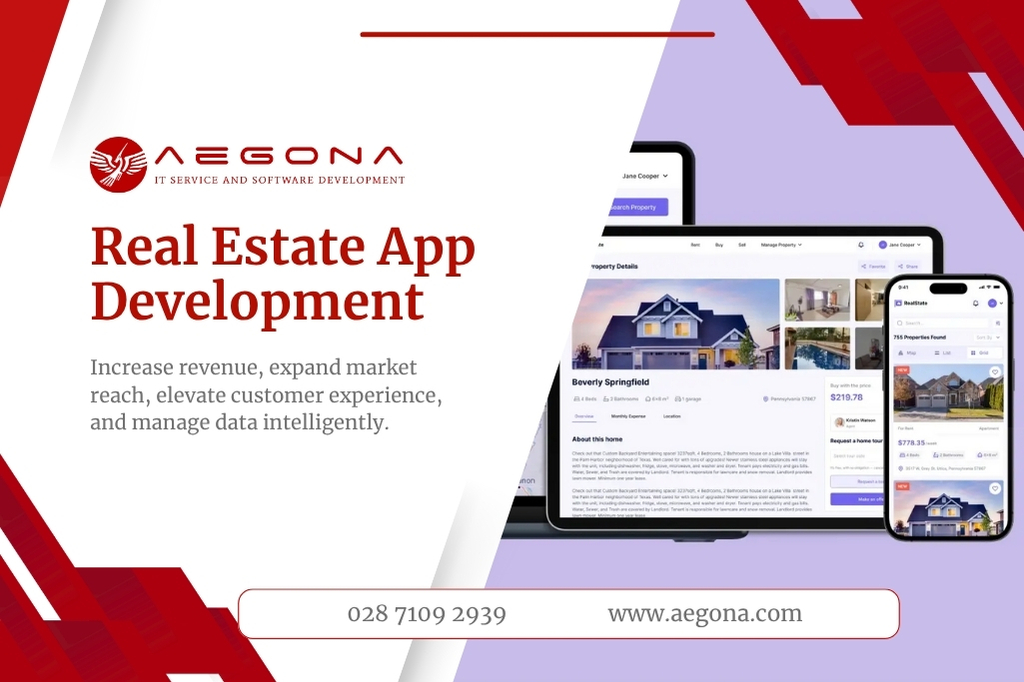
Discover the key benefits and features of real estate app development in Vietnam for businesses aiming to grow in the digital property market.

Custom FinTech app development for banking, insurance, payments & more. Secure, scalable, and tailored to your business.
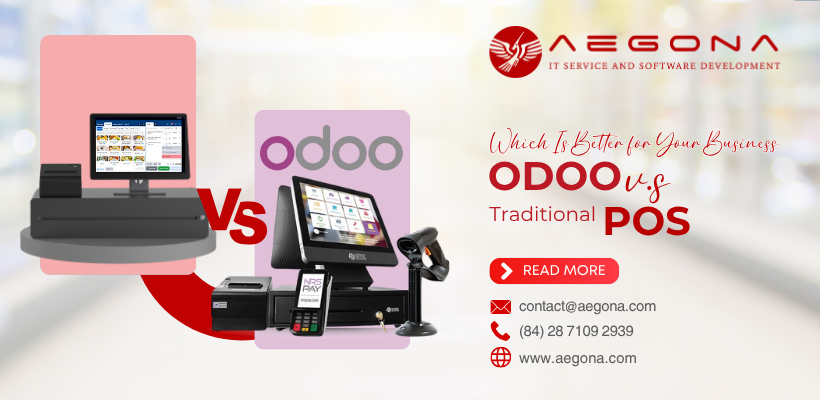
Odoo POS software is becoming an effective alternative to traditional POS systems thanks to its flexible integration capabilities and reasonable cost. Using sales management software plays an essential role in optimizing business operations. This article will help you compare Odoo software and traditional POS systems to find the most suitable option for your business.

the trends, AEGONA highlights 5 IT outsourcing trends expected to accelerate by the end of 2025 — and based on those, suggests four updated business strategies to help Vietnamese firms stay ahead of the game.
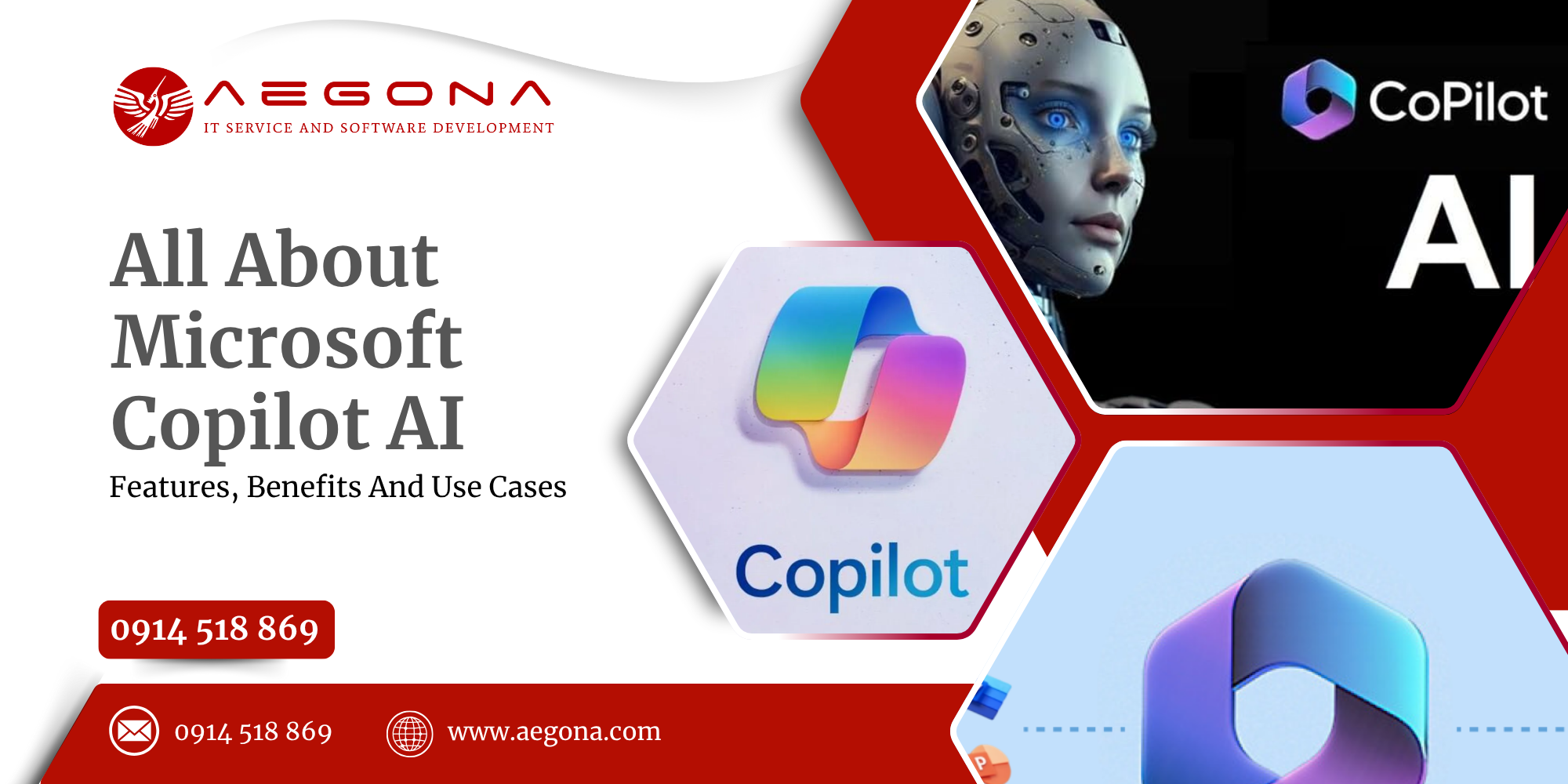
Alongside other big names riding the AI wave, Copilot AI is gaining increasing attention. It’s becoming an indispensable assistant for businesses aiming to accelerate workflows, minimize errors, and optimize operations. So, what exactly is Copilot AI? How does it work, and what benefits does it bring? Let’s explore the full picture below.

RAG LLM Solution (Retrieval-Augmented Generation) seamlessly combines data retrieval with large language models (LLMs) to enable AI systems to deliver accurate, rapid responses, creating optimal user experiences. Aegona proudly stands as a leading software development company specializing in RAG LLM solutions that empower businesses to maximize the potential of AI for sustainable growth.
